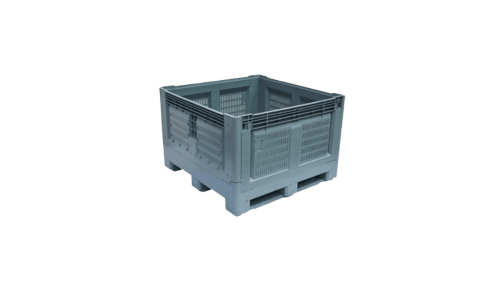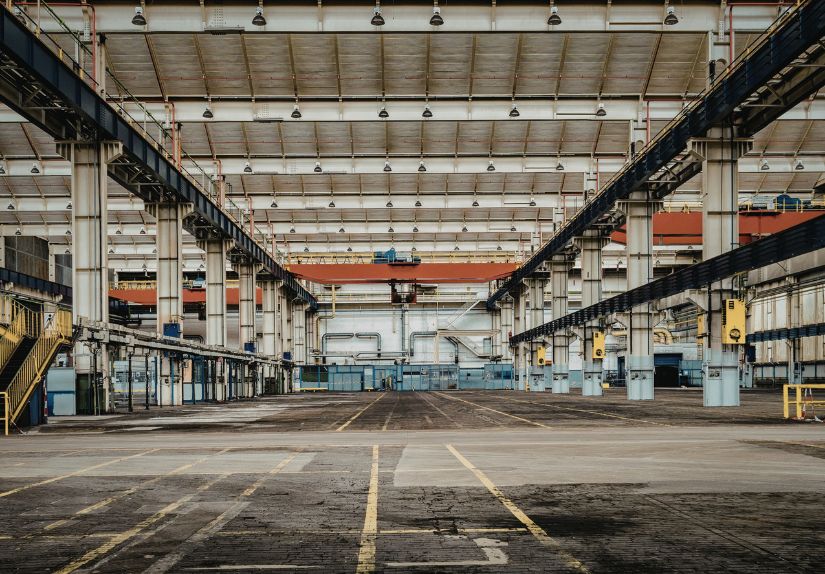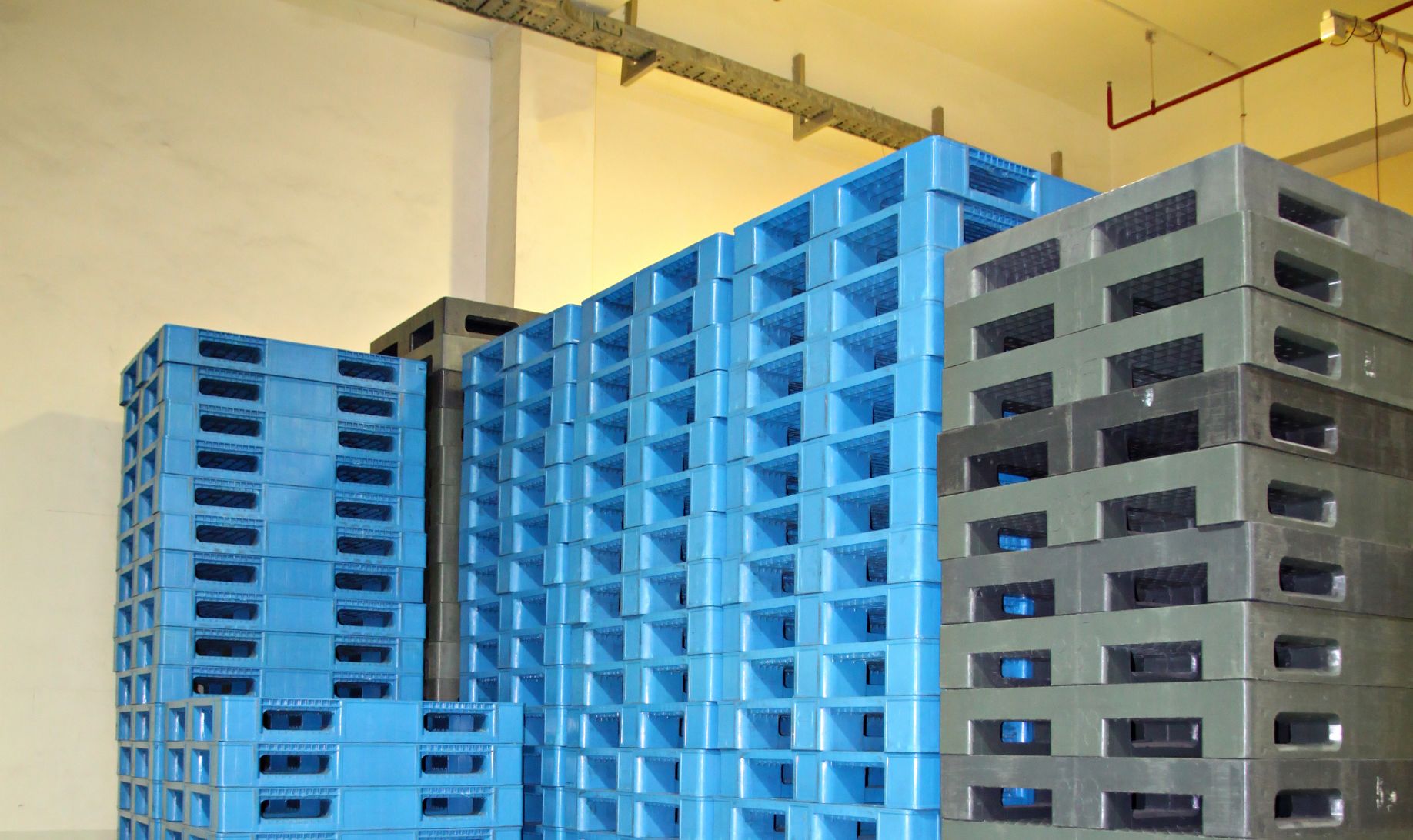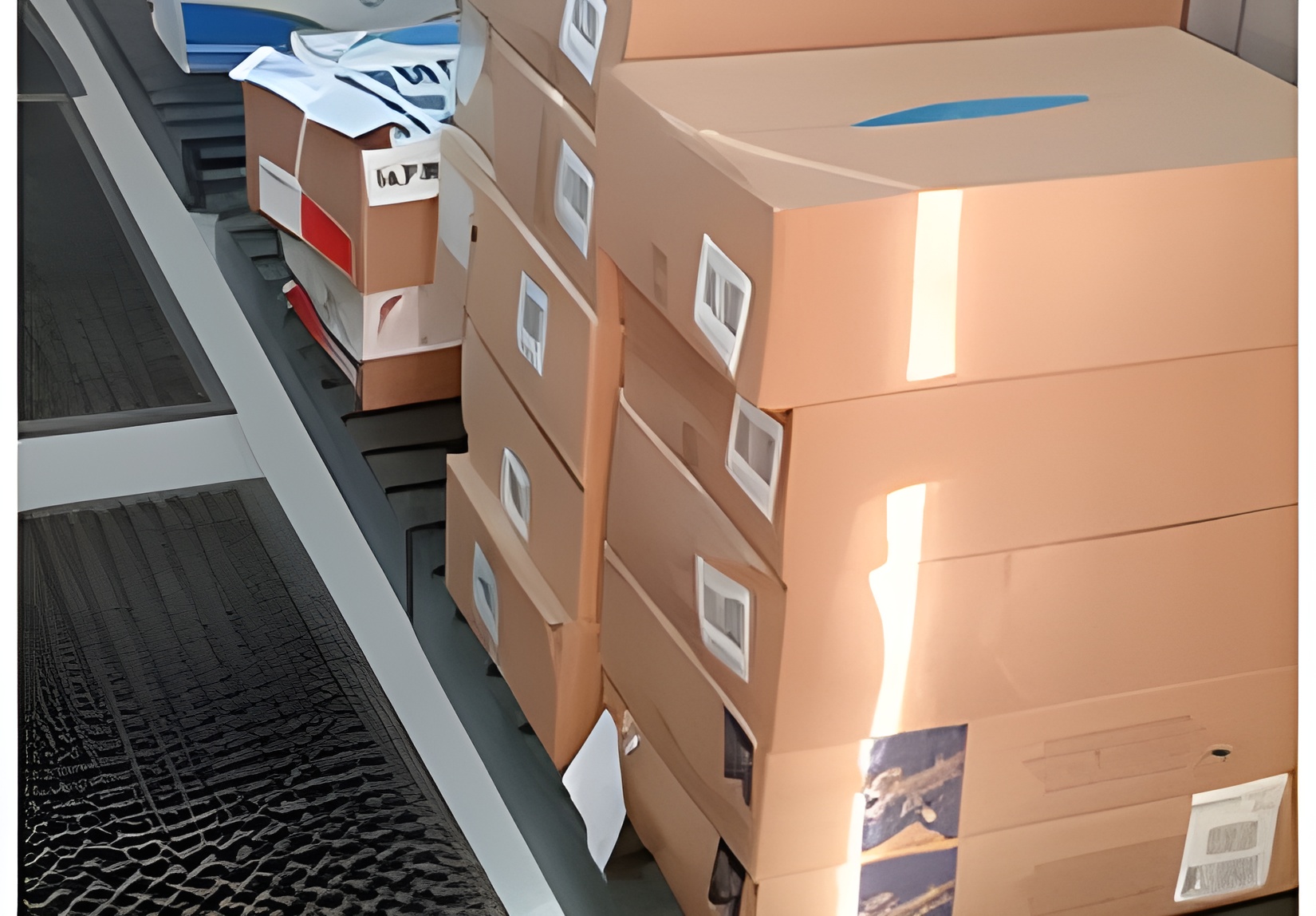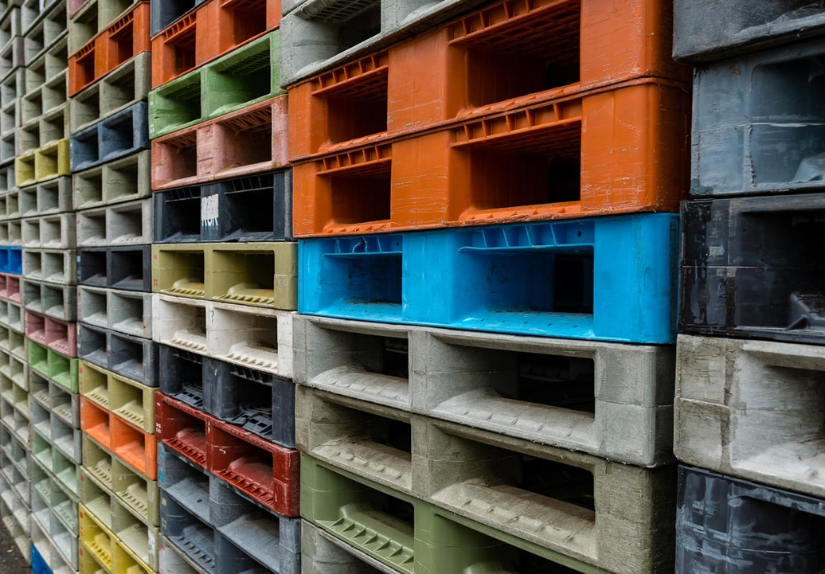As the year draws to a close, we take a look back over recent years. The Australian shipping and logistics market saw a number of new announcements and changes to contend with. It is putting pressure on many organisations to look carefully at their import and export plans for the future.
Here are some of the key shipping and logistics changes we’ve been keeping an eye on.
1) Amazon shipping in Australia
Having quietly launched late in 2017, in early 2018 Amazon introduced its Prime delivery service and increased the range of products available.
Since launching in Australia in 2018, the service has expanded to include free two-day delivery on a huge number of items, as well as a swathe of new and updated features, such as Prime Video, Prime Gaming, Prime Reading (for eBooks) and more.
PCMag
Customers can expect delivery within 1-2 days, or possibly even the same day in major cities, and Amazon Prime subscribers don’t have to pay any extra. Local supply chains now have a serious contender in the domestic shipping market. A number of local companies have started offering faster delivery. But they now need to compete with a global giant to match new expectations around time and cost.


2) Government introduced a new biosecurity levy due to begin in July 2019: Shipping and Logistics
A new biosecurity levy is to be charged on all twenty-foot equivalent units (TEUs) imported into the country from 1 July 2019. The charge is applicable to everything that comes through Australia’s ports whether it presents an obvious biosecurity risk or not. Non-containerised goods are also affected, paying $1 per tonne. From the Government’s perspective, it’s about accepting that every ship brings with it a biosecurity risk, whatever goods or products they unload. However, critics say that inefficient administration means consumers pay twice as much as the Government collects. And also consists that Australian businesses face cost increases of 3000-5000 per cent.
3) Fuel regulations and emissions change
In a bid to challenge the effect of sulphur oxide emissions on the environment and human health. There has been much discussion about the new IMO-implemented fuel requirement coming into effect in January 2020. All ships must move to fuel with a maximum of 0.5 per cent sulphur. Or it is able to prove they have a method in place that sufficiently reduces their emissions. They can also move to alternative types of fuel, such as liquefied natural gas (LNG).
Guidelines have been published to help ships move towards them, as some critics argue the deadline does not provide enough time for a smooth transition. Sulphur emissions are blamed for increasing respiratory diseases and for contributing to acid rain, which affects plants and wildlife.
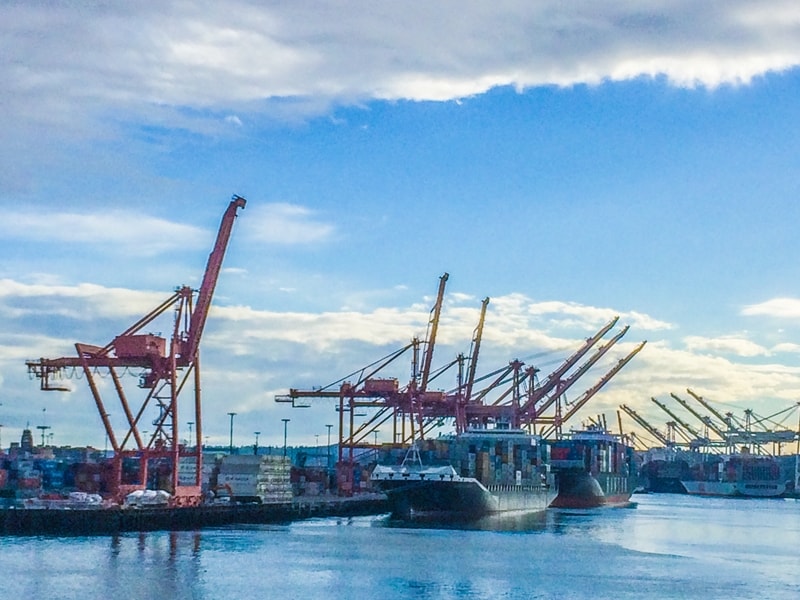

4) Australian exports reach record high
October saw Australia’s exports hit a record high of $38.5 billion AUD. It is predominantly supported by strong sales of non-rural goods such as coal, other mineral fuels and metals. Despite some concerns about the effect of the recent drought, rural goods only dropped by seven per cent, allowing overall figures to remain high. Those exporting enjoyed higher prices and an increase in the number of goods being shipped. Demand from the Chinese market in particular boosted numbers, and a continued requirement for Australian thermal coal is likely to continue the boost into 2019-20. Resource and energy imports are set to hit a record high over 2018-19.
Unsurprisingly, pleasing exports result in an increase in plastic pallet and wooden pallet sales and movements, in particular across Australia and New Zealand region, according to ATN.
As of the Australia Government’s September 2021 Resources and Energy Quarterly,
“Australia’s resource and energy exports are estimated at a record $349 billion in 2021–22, up from $310 billion in 2020–21. In 2022–23, exports are forecast to decline by 14% to $299 billion. “
Resources and Energy Quarterly
It seems that new rules and regulations are continuous, with operations and logistics managers challenged to keep up with changes as fast as one has come and gone. While we can’t manage new taxes and tariffs for you. We can provide one key part of your supply chain at competitive prices and with products that suit your business. Get in touch with our team of experts to talk about how we can support your pallet needs.


